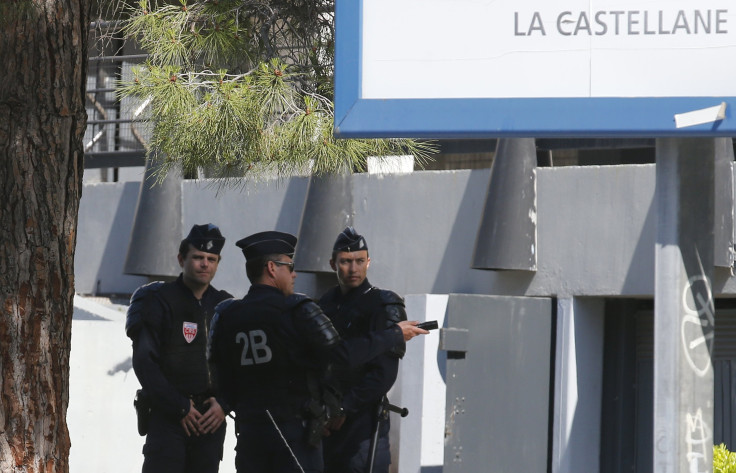France Passes New Surveillance Law, Allows Metadata Collection To Counter Terror Threat

France on Thursday approved a new law that granted state intelligence services more powers to monitor public communications to counter what authorities called an unprecedented terror threat.
French President Francois Hollande was among the lawmakers who had asked the country's constitutional council to rule on the law, which weakens restrictions on phone taps, hidden microphones and cameras, and allows authorities to force Internet service providers to monitor suspicious activity, Reuters reported.
Despite strident criticism from civil liberties groups, the government has promised that the new law explicitly forbids mass data collection of telephone records of the kind practiced by the U.S. National Security Agency.
"This is not a French Patriot Act," French Prime Minister Manuel Valls said in March, defending the law.
Under the newly passed law, authorities can order surveillance of an individual without a judge's approval. However, they must first seek authorization from a special supervisory body.
The constitutional council turned down a provision that would have allowed monitoring without any authorization in emergency circumstances, and also rejected an article on international surveillance. However, the law still significantly empowers intelligence authorities, who can now use surveillance devices known as "IMSI catchers" that can harvest telephone, text message and Internet data from all devices in an area. They can also secretly bug suspects' homes with microphones and cameras, and use software designed to log all their keystrokes.
The move is widely seen as part of a massive increase in French security amid a major rise in radical Islamist attacks on the country. In January, Valls said that France would create thousands of new jobs and invest hundreds of millions of dollars into security to combat terrorism after the deadly Charlie Hebdo shootings in January killed 12 people.
"This change in scale in a short amount of time forces us to take exceptional measures," Valls said in January.
© Copyright IBTimes 2024. All rights reserved.




















